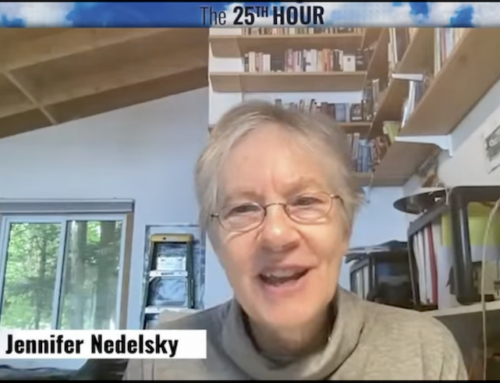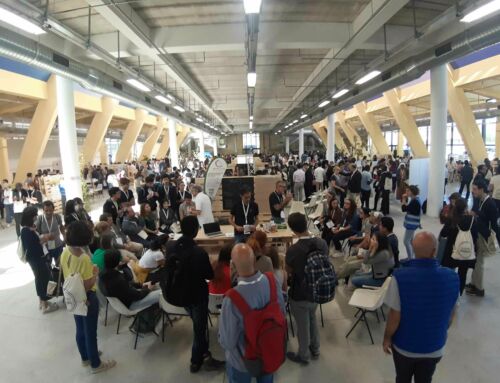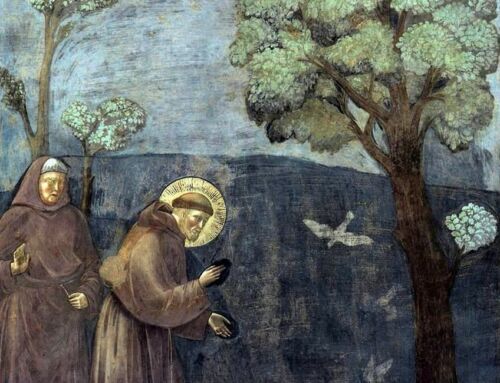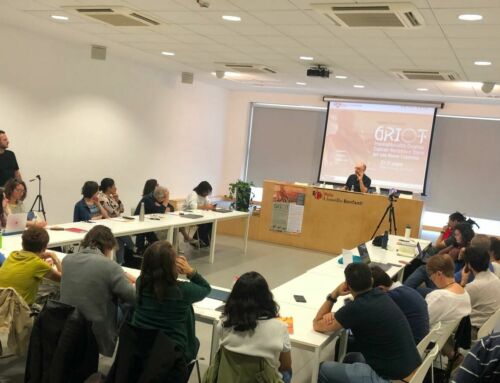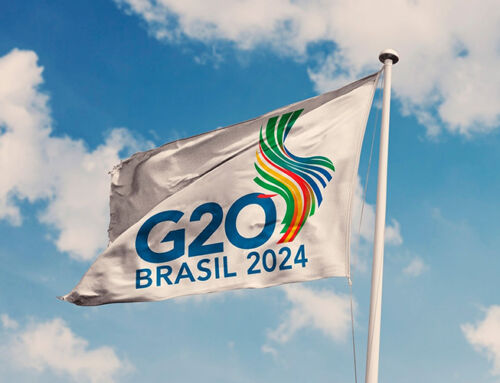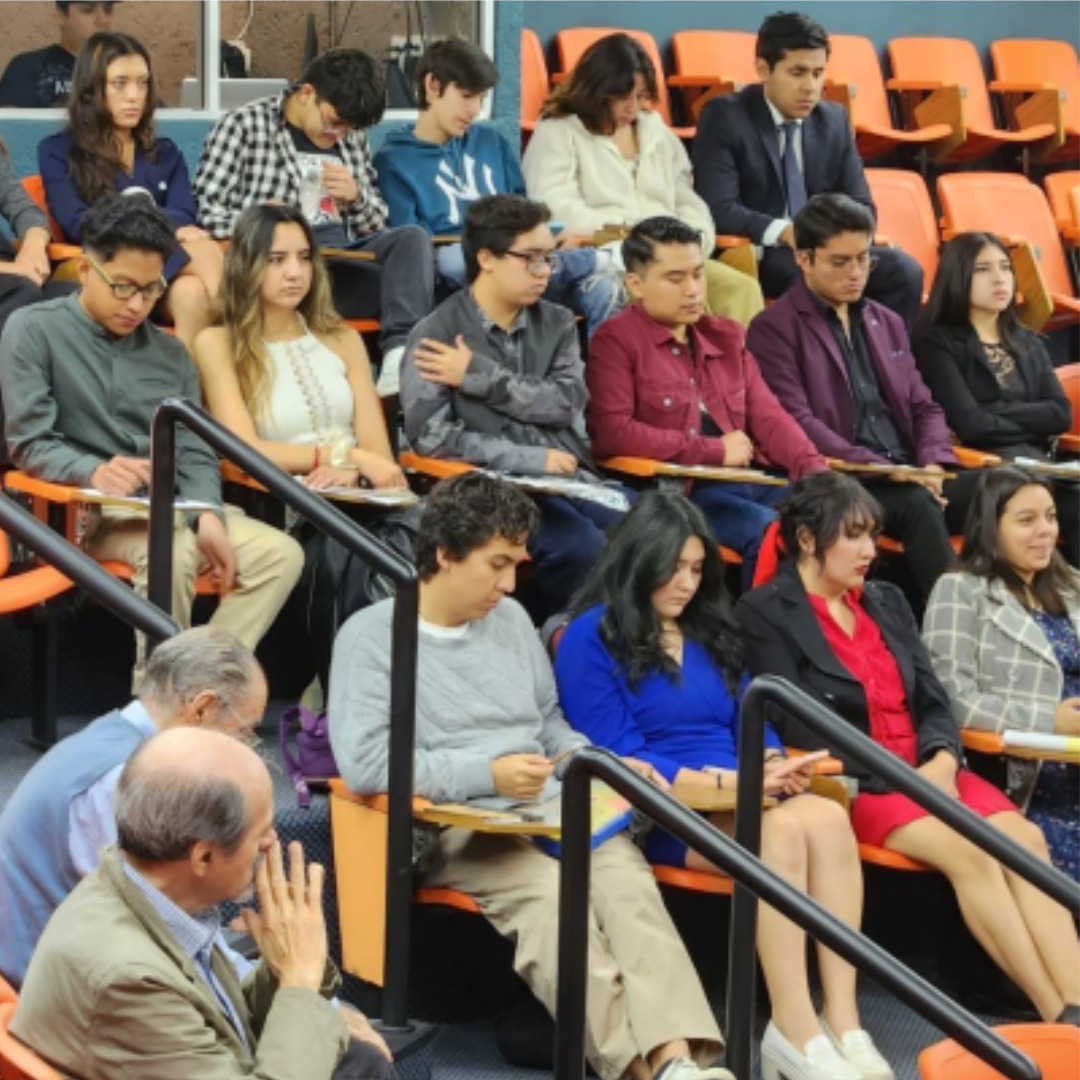
Master Conference: Ethical Challenges for the Economy
by: Valentina Alarcón
On May 11, the Mexican Institute of Christian Social Doctrine, IMDOSOC, convened an academic conference entitled “Towards a Sustainable, inclusive and supportive economic paradigm”. Dr. Cécile Renouard, who chairs the “Campus de la Transition” in France, was virtually linked to delivering the Master Conference “Ethical Challenges for the Economy”. This experience was in tune with Pope Francis’ call to the youth, through the initiative “The Economy of Francesco”, to be protagonists and reanimate the economy.
This space was transmitted online via the Institute’s facebook page where Dr. Cécile Renouard begins by arousing curiosity with the following phrase: “The search for the good life with and for others, in just institutions” (Ricoeur, 1990), today and tomorrow” (Cécile Renouard)”.
She then goes on to comment: “I would like to promote perspectives and reflections from principles, attitudes and paths. Because in Ethics we can define principles, but then we have to reflect on how to translate these principles that may seem very abstract, into very concrete ways, in attitudes, some call them virtues, in order to implement them in our personal life and also in our collective life to then move on to the word “Path”. Renouard raises three principles of an ecojustice starting from the following questions:
What is key to developing or evaluating an economic activity?
What values, what guidelines, what ethical criteria, for what horizon?
In which the principles presented by the author are:
– Recognition of the most vulnerable
– Creation and fair and sustainable distribution of value
– Participation/representation of the affected beings
The second part of the keynote proposed the idea of how principles walk and can be a way to nurture attitudes and virtues in order to cultivate them and then move on to a space of dialogue and interaction with the conference participants. Learning spaces with intercultural, interdisciplinary and intergenerational dialogues such as this one, can be an enlightening and motivating way for students and teachers – all participants – in this case, as well as for the speaker to facilitate the generation of “places” (face-to-face, online or hybrid) towards collaboration. As well as to rethink what has been done in history, what we want to maintain and what spaces there are for the improvement of an organization that wants to learn, collaborate and provide solutions to current problems in social and systemic spheres 1 (Alford H. 2023).
It is worth highlighting the relationship that was established between knowledge and learning. It was not only about giving or obtaining more knowledge (for both parties) but it opened a space for dialogue to awaken “life”, new questions and synergies towards more integrated learning paths on the part of the participants in their relationship with the real and current territorial challenges both in Mexico and France, and beyond.
“In Ethics we can define principles, but then we have to reflect on how to translate these principles that may seem very abstract, into very concrete ways, in attitudes, some call them virtues”
The practice of exploring experiences is an interesting method to nurture relationships and bonds; and at the same time, it offers a personal and communal enrichment of scientific and technical knowledge towards collaborative spaces and bridges. Undoubtedly, there is so much to learn and develop, today there is much life sprouting, which is about to flourish towards an economy that seeks and generates greater points of integration with the care of the person, communities and relationship with the environment toward a more humane, inclusive and sustainable conversion to a state of “maturation”.
Another key reading that I would like to share was the moment when Dr. Cecile Renouard presented the “Three horizons” 2 model (Bill Sharpe, 2013). It presents three horizons of an organization “Horizon 1”: its current state and its questions of discernment in the present: “Horizon 3”: projection state and their questions about where it would like to go according to certain principles and/or values, and finally, “Horizon 2”: the elements and questions to move from horizon 1 to 3. as a mode of transition of the organization in the decision making of an organization to create/open more “eco-fair” environments.
It is very interesting, especially because of the challenge that Dr. Dr. raises at the beginning of her lecture on how to move from an economy where she herself wishes to promote perspectives and reflections from principles, attitudes and paths. And from which it can be of inspiration as a possible method of exploration and testing for the search and opening of this transition and/or change management process in an organization. The conference counted with several contributions, one of relevance was that of Adriana Gómez Chico. She is a social economist; teacher; student; collaborator of Imdosoc, the CIIESS, an active member of Economía de Francisco and various spaces that promote an inclusive, solidarity and sustainable economy, comments on the experience:
“The whole day was a great experience of exchange between people from different professions, profiles, fields and generations. Intergenerational and interdisciplinary reflection was central to the experience. Among the attendees, we had a group of students from the Autonomous University of the State of Mexico, who, encouraged by their professor Jesús Becerril, who participates in Francisco’s Economics, have been reflecting for months on the topics proposed in Francisco’s School of Economics. The day was one more moment in that reflection so that tomorrow, as they go on to promote projects, take on responsibilities in companies or start their own businesses, they will do so by promoting a new economic paradigm.”
She explained the methodology in which this learning space was developed and commented: “The program began with a brief welcome and a singing exercise among the participants. Singing together is, as one of the participants mentioned, a subsidiary experience. It is also an experience of solidarity. The singing of all in harmony is the common good. So the small choir served not only as relaxation and fun, but, above all, as the first element of a day of collective construction of this new economy. We closed the morning by sharing the work done at different tables in which we responded with some proposals to the question: How do we respond to the ethical challenges from the value proposition of companies or organizations? The day was not a point of arrival, but a new starting point. IMDOSOC wants to continue to be a meeting place for an inclusive, fair and sustainable economy”.
I finish this experience with gratitude for the participation in this conference of Dr. Cécile Renouard and to explore some of her concerns and reflections, to know a little more about the learning spaces that are being offered in IMDOSOC together with the dialogue offered in this day in tune with the path of all the members of “The Economy of Francesco” and the joy of sharing with you through this space part of what I observe between what I have experienced in that day and to those who are curious by this article and wherever each one of you is.
1 Alford, H (23, 12, 05). Conference: Person and common good between Jacques Maritain and Thomas Aquinas.
Florence, Italy.
2 Sharpe, B (2013) Three horizons: A pathways practice for transformation. Triarchy Pr

Valentina Alarcón
Intercultural and Interdisciplinary Learning
Environments / Engineer in Economics and Management / Graduate student at IUS
Culture of Unity in Pedagogy for Dialogue

